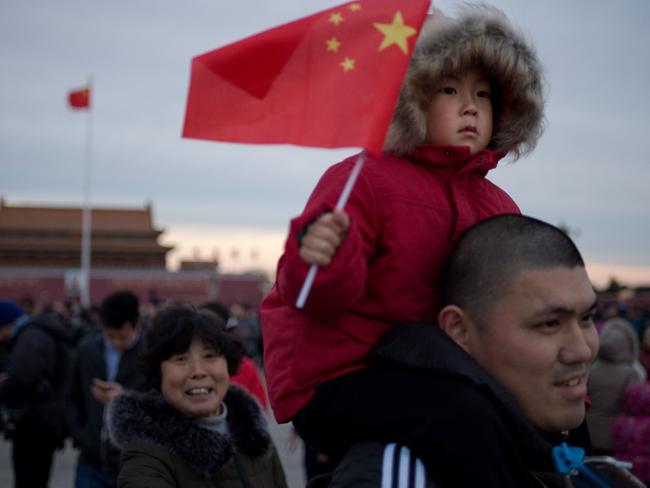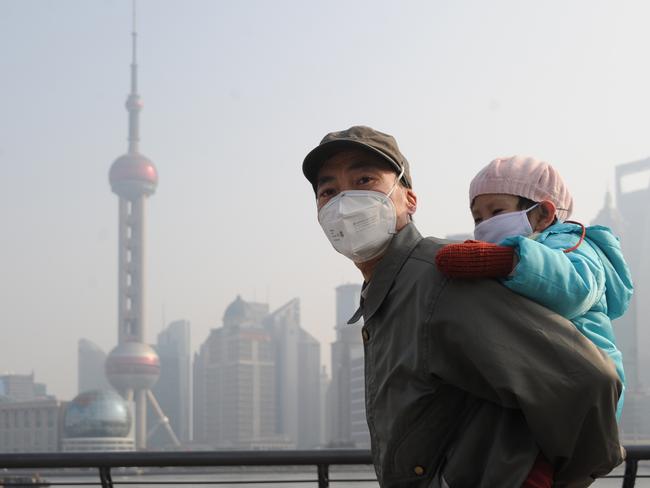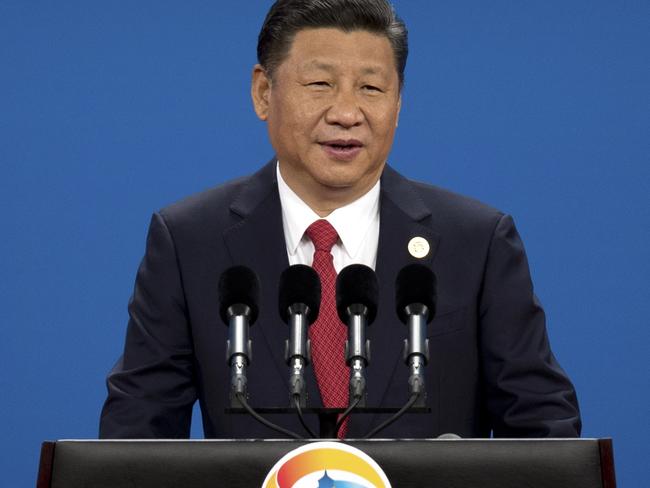China’s intriguing ‘social credit’ system set for reforms in 2018
IT SOUNDS like a science fiction movie, but China is introducing a system that means that every aspect of a person’s life will be monitored.
IT’S a “dystopian” system that sounds more at home in an episode of Black Mirror than in one of the world’s newest superpowers.
But China’s intriguing “social credit system” is very much a reality and set to undergo a series of changes in 2018 to shore up social cohesion in the world’s most populous nation.
Monash University’s senior lecturer in international law, Alice De Jonge said the “potentially quite Orwellian” system has been tried in a number of cities on a voluntary basis and weaves together a previously non-existent credit rating system with a way of keeping tabs on social behaviour.
It’s expected to be fully operational by 2020 and could eventually impact Australian businesses operating in China and Australians living and working there. At present, Chinese internet giants like Alibaba and Tencent are developing social credit rating apps in a process Australia “should be paying a lot more attention to” given the impact it could have.
“It’s like rolling out a credit rating into the social system,” she told news.com.au. “It’s a system where companies and individuals will be allowed to earn social credit points for good behaviour and demerit points for bad behaviour. It allows people to send complaints to say ‘this business has been selling rotten food or putting pollution into the river’,” she said.


The system accounts for huge range of behaviour including things like domestic abuse, traffic infringements, breaking public transport rules, paying bills on time and littering. A person’s individual score can be made public, posted on social media and used to help them get into a university or find the right job.
It’s been described as one of the “boldest and most ambitious” government reform programs since 1978 that aims to combine disparate strands of a person’s life into one government regulated system. However others fear the “nefarious” trend of using big data to create a social order is a terrifying prospect that stokes fear and anxiety over state control.
De Jonge said the reality is that it could prove a key part of government strategy for social cohesion in the year ahead, as China looks to reduce inequality, crime and soothe social concerns as part of the next phase of development following President Xi’s consolidation of power in 2017.
“It’s got both positive and negative potential but it’s something we need to be paying attention to,” she said.


Developments in social credit are one of a number of small but critical innovations Australia’s largest trading partner is set to make in the year ahead that could significantly impact on Australian fortunes.
Following President Xi’s plans announced at the end of 2017 to make China a “global leader” in a “new era”, De Jonge said this year will be about steadying the ship of state through a series of legislative tweaks.
That includes plans to reduce reliance on foreign imports and cut pollution in the country of 1.3 billion that could have a huge impact on Australian exports of coal and iron ore. China is Australia’s largest export market and source of imports in a relationship worth $157.2 billion in 2017.
“Our exports to China of commodities are going to drop and they could possibly drop quite dramatically,” she said, adding that green technology as well as medical and educational services are some of the key areas Australia should look to develop instead.
“Australia, if it’s got any sense should be getting on to that [green tech] bandwagon. Because the kind of tech we could offer, China would be a great buyer but we’re just not putting any investment into it,” she said.
“There’s a whole lot of big missed opportunities and it’s a real shame because we’ve got this mentality that our only opportunity is to dig up our soils and sell to China but that’s nowhere near the case.”



